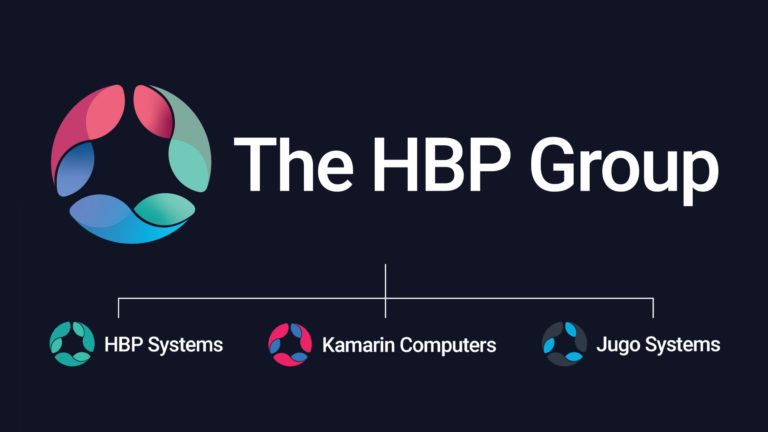Since most people have never actually been on the Dark Web, many are unsure what it actually is. So, what is the Dark Web?
We answer that in this post. We also look at whether or not this mysterious entity is dangerous and if it’s illegal to visit.
What is The Dark Web?
The Dark Web is a section of the internet inaccessible to users of popular internet browsers. It’s estimated to take up around 5% of the total internet.
Users automatically have anonymity because to access it you need to use a specialised browser such as Tor. This allows users to access the Dark Web, regardless of your IP address.
One positive use of the space is that it allows people in countries where free speech and internet usage is restricted, to interact without surveillance. However, it is also known for being a hotbed of illegal trade where the dissemination of stolen user data, viruses, and illegal content is prevalent.
To fully understand the Dark Web, it’s a good idea to know about the Deep Web.
The Dark Web Vs The Deep Web
The Dark Web is not to be confused with the Deep Web. As we mentioned above, the Dark Web is only a relatively small part of the internet. The surface web, that is anything you can access from search engines, is only 10% of the web.
The rest is what’s known as the Deep Web. This is anything that isn’t directly accessible from a typical web browser. Most people probably make use of the Deep Web at least once every day.
There’s an awful lot of stuff we interact with that isn’t available to everyone but is still stored somewhere. Think bank accounts, emails and messaging accounts, intranets and company databases, anything behind a paywall and membership portals etc.
There’s also medical records (huge) and various other databases. Some content is simply blocked from being indexed by search engines by the domain owner.
The Dark web is essentially a part of this. It won’t come up on search engines and you won’t get to it via normal routes, but it can be accessed by specialist software.
How Do You Access the Dark Web?
We mentioned above that the way you access the Dark Web is through special browsers such as the Tor project or other peer-to-peer networks. Tor stands for The Onion Router, a concept that began in the mid 1990’s as a way of using the internet anonymously. Anyone can download the Tor browser for free from a normal web browser.
There are other ways to access it, but this is the most popular and provides users with the encrypted entry points and anonymity they desire. Any websites accessible via Tor are identified by the .onion suffix.
Bitcoin and other cryptocurrencies are often used as currency on the Dark Web due to its anonymity and supposed decentralisation. To navigate the web there are search engines and databases such as The Hidden Wiki that provide some level of content distribution but are pretty unreliable.
Is The Dark Web Illegal?
One of the main things people want to know about the Dark Web is whether it is as bad as it sounds and is it illegal to access?
Well, no, its existence is not breaking any laws and it’s not illegal to download a browser like Tor and jump in. You can also access and interact with plenty of things on there that are not illegal. Facebook and other companies even have a presence there.
However, there is an awful lot of content on there that is illegal, from databases of stolen credit card numbers, drug trafficking websites and illicit pornography, amongst other unsavoury content (putting it lightly).
As such, it’s probably not somewhere you want to visit for fear of stumbling across something you don’t want to see.
Also, the fact that it attracts crime means it is being watched. Yes, criminals can find anonymity here, but law enforcement are very accustomed to working in this space. You regularly hear of major illegal Dark Web marketplaces, being discovered and shut down by authorities.
Local and international law enforcement agencies have many tactics to track down criminals and prosecute. That means they may be paying attention to suspicious activity on the Dark Web. In other words, unless you really need to be on there, it’s probably not worth arousing any suspicion.
Is The Dark Web Safe?
You may have an idea of the answer to this question based on what we’ve already said, but we’ll expand. Is it safe to access? Potentially, yes. The browser you use to access it acts like a VPN so you are offered some degree of protection by that.
However, there is much on there that isn’t safe and the instability and lack of regulation on the Dark Web means that you can’t fully trust any of the links you click on.
It’s also a hotbed for cybercrime. This is where hackers look for inspiration or tools to help them launch attacks. We know cybercrime is very profitable and the Dark Web is where criminals hatch their plans, and distribute malware, ready to be launched on unsuspecting victims.
You might be safe if you’re just browsing, but you also might not be. It has been known for people to be targeted by phishing scams whilst on there and any personal data made known on there is at risk.
Surf The Web Safely
All in all, there’s nothing wrong with having a bit of knowledge about the Dark Web. If you really are curious, feel free to take a look, safe in the knowledge that if you’re just browsing, you’re probably not breaking the law.
However, we’d advise not bothering. Whether you’re on a home computer or not, you are putting yourself at risk by heading down that rabbit hole. You would probably have to go looking for really dodgy content but there’s so little regulation on there that you can never be certain what you’ll find.
Leave the trawling of the ‘dark’ recesses of the internet to the pros and the law enforcement authorities whose job it is to track down the criminals and keep people and businesses safe.



